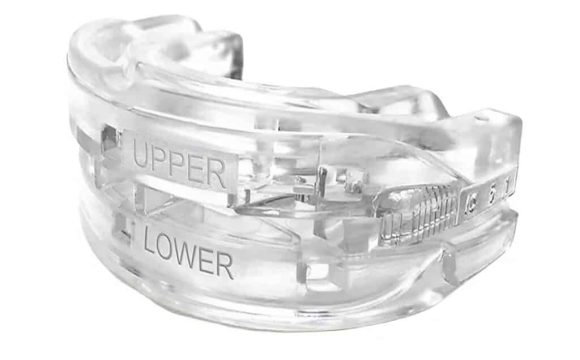Selecting the right orthodontist is a pivotal decision that can significantly impact your dental health and overall well-being. This article aims to guide you through the essential factors to consider when choosing an orthodontist, ensuring you receive the highest quality care tailored to your needs.
- Qualifications and Experience:
Ensure your orthodontist has the requisite education and training. They should have completed a dental degree followed by a specialized orthodontic program. Consider their experience, especially in dealing with cases like yours, as it often translates to enhanced proficiency and better outcomes. Researching their academic background and professional accomplishments can provide insights into their expertise and reliability.
- Treatment Options:
Different orthodontists may offer varied treatment options, including traditional braces, clear aligners, and lingual braces. Assess the available treatments and discuss the most suitable ones for your condition, lifestyle, and preferences. Understanding the pros and cons of each option will empower you to make informed decisions and optimize treatment outcomes.
- Patient Reviews and Testimonials:
Patient feedback can provide valuable insights into an orthodontist’s professionalism, demeanor, and reliability. Look for reviews on reputable platforms and consider recommendations from friends and family. Positive testimonials can reinforce your confidence in the orthodontist’s capabilities, while negative feedback can alert you to potential issues.
- Clinic Environment and Staff:
A clean, well-organized clinic and courteous, knowledgeable staff can significantly enhance your orthodontic experience. Evaluate the clinic’s atmosphere during your initial consultation and observe the staff’s responsiveness and approachability. A welcoming environment and supportive staff can alleviate anxiety and foster a positive treatment experience.
- Cost and Payment Plans:
Orthodontic treatments can be expensive, so it’s crucial to understand the costs involved and explore any available payment plans or insurance coverage. Compare prices but avoid compromising quality for cost. Transparent pricing and flexible financing options can facilitate access to high-quality orthodontic care without causing financial strain.
- Location and Availability:
Choose an orthodontist with a conveniently located clinic and flexible appointment schedules to minimize disruptions to your daily routine. Proximity and accessibility can save time and travel expenses, enhancing the overall convenience of the treatment process.
- Initial Consultation:
The initial consultation is an opportunity to meet the orthodontist, discuss your concerns, and learn about potential treatment options. Use this meeting to ask questions, clarify doubts, and assess the orthodontist’s communication style and approachability. A thorough, informative consultation can set the foundation for a successful treatment journey.
- Post-Treatment Support:
Post-treatment support is crucial to maintain the results achieved through orthodontic treatment. Choose an orthodontist who offers comprehensive follow-up care, including regular check-ups, adjustments, and advice on oral hygiene and retainer use. Ongoing support can ensure the longevity of treatment outcomes and address any emerging issues promptly.
Conclusion:
Choosing the right orthodontist involves careful consideration of various factors, including qualifications, experience, treatment options, and patient satisfaction. By making informed decisions, you can ensure a smoother, more rewarding orthodontic journey, leading to a healthier, more beautiful smile. A well-chosen orthodontist can be a valuable partner in achieving and maintaining optimal dental health and aesthetics.








